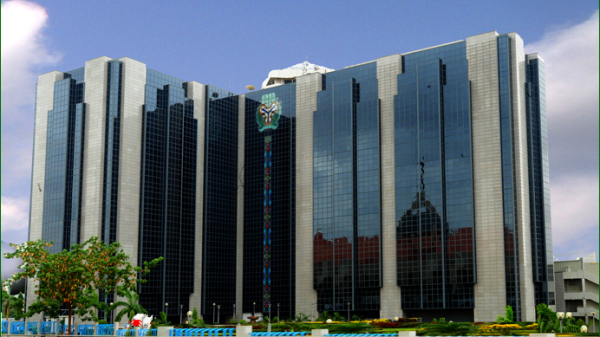TECHNOCRAT MEDIA, Abuja
Former President Goodluck Jonathan has advocated full compliance with the ‘Freedom of Information Act (FOIA) as the panacea to the growth of fake news in Nigeria.
He spoke in Abuja on Friday at the national freedom of information awards marking the 10th anniversary of the freedom of information law organised by the International Press Centre (IPC) and Media Rights Agenda (MRA).
The former president who bagged the ‘Special Recognition Award’ was represented by the Executive Director of Goodluck Jonathan Foundation, Ms Ann Iyonu.
In his acceptance speech, Dr Jonathan commended the organisers of the award for being recognised for his humble contributions to access to information by signing the FOI Act in May 2011. He said, “Access to reliable information is important to the growth of our society”
“When citizens are well informed, they will not fall, victims of the dangers of the growing trend of the fake news industry. My administration signed the FOI Act, not just for the expansion of media freedom but to give people reasonable access to information on the activities of government for the good of the society.”
“I believe that for a society to grow and develop in a sustainable manner, the people should be granted access to official information.”. Dr Jonathan further said, “We are now in the digital age which means that the society will not function well if the people do not have adequate information about the way government businesses are conducted.”
“This is because if the process of governance is not reasonably being opened up, some people will generate too much false information caple of creating more problems for the society.”
He also congratulated other awardees and challenged them to continue to offer their best.
Also, the chairman of the Nigeria Governor’s Forum and governor of Ekiti State, Dr Kayode Fayemi was also conferred with the ‘Special Recognition Award’ for being the first state to domesticate the FOI Act at the State level.
In the special recognition category, Senator Victor Udoma-Egba, Ms Abike Dabiri-Erewa; Dr Sam Amadi; Senator Ayogu Eze; former speaker of the house of representatives; Mr Dimeji Bankole; Amb. Jerry Sonny Ugokwe; Mr Osaro Odemwinge; Dr Jibrin Ibrahim, Mr Maxwell Kadiri and Prof. Chidi Anselm Odinkalu were awarded for their contributions to the passage of the FOI Act.
Other awards were categorised into individual, organisational and public institutions that had contributed to successes recorded in the use of the Act in the last ten years.
In the individual category for FOI requests, Mr Atiku Sarki and Mr Ibrahim Garba Maryam were awarded having made the highest number of requests for information under the FOI Act between May 29, 2015, and October 31, 2021.
Mr Obanla Ridwan, a student of Kwara State Polytechnic and Ms Nenritmwa Mohammed, a student of the University of Jos were awarded having come first and first runner-up in the national essay competition for students of mass communication and journalism on the theme: “Deepening Democracy: The Impact of FOI Act 10 years after.
On FOI requests category for private organisations, Public and Private Development Centre (PPDC) and the International Centre for Investigation Reporting (ICIR), having come first and first runner-up in the usage of the Act through requests for information.
For FOI responsive public organisations, Nigeria Investment Promotion Commission (NIPC), the Bureau for Public Service Reforms as well as the National Orientation Agency (NOA) were awarded.
Nigerian Guild of Editors (NGE), Nigeria Union of Journalists (NUJ), Newspapers Proprietors Association of Nigeria (NPAN), the British High Commission, United States Agency for International Development (USAID), Open Society Justice Initiative (OSJI) and the European Union (EU) were awarded in the stakeholders’ category.
Earlier, Mr Lanre Arogundade, the Executive Director of the International Press Centre (IPC) said the agitation for freedom of information started during the military era but was never realised.
He said, “Nigeria was under jackboot of military dictatorship in 1993. But that did not deter the Media Rights Agenda (MRA), the Civil Liberties Organisation (CLO) and the Nigeria Union of Journalists (NUJ) from plotting to have the FOI instituted in the country.”
“It was a vision born out of optimism that Nigeria shall one day be shrugged off military shackles; and welcome a future civil dispensation, where access to information law would be required as a catalyst for accountability and transparency – the core elements of good governance.”
“Seven years later, in 1999, Nigeria returned to civil rule and the organisations behind the FOI initiative wasted no time in handing over the bill to the newly elected President Olusegun Obasanjo in the expectation that he would accept to sponsor it as an executive bill to ensure speedy passage. But that was not to be as president Obasanjo simply returned the ‘FOI letter’ back to sender!
Mr Arogundade thanked Dr Goodluck Jonathan for signing the Act on May 28, 2011.
